medication assisted treatment for
opioid and alcohol use disorders
Understanding MAT
Medication-assisted treatment
There are many different medications used to treat substance use disorder. Your treatment team will work to create a plan of care that is specific to your recovery plan. Research has shown that combining therapy with medications successfully treats substance use disorders and sustain recovery long term!
Tele Med Clinix is proud to provide medication-assisted treatment (MAT) services to our patients. Currently, there are many different medications - such as Suboxone, Vivitrol, and various anti-craving medications - used to treat substance use disorders (SUD).
To select the best medication for you, our care team will schedule an evaluation via telemedicine or in-clinic appointment.
For medication-assisted treatment to be effective, it is important to continue receiving regular mental health treatment from our certified addiction professionals or medical providers.
When used together, these two services have proven to be extremely effective in long-term SUD recovery.
CDC's Key MAT Stats
Questions
Frequently asked
Tele Med Clinix FDA-approved buprenorphine products approved for the treatment of opioid use include:
- Sublocade (buprenorphine extended‐release) injection for subcutaneous use
- Suboxone (buprenorphine and naloxone) sublingual film for sublingual or buccal use, or sublingual tablet.
The Tele Med Clinix FDA-approved naltrexone products approved for the treatment of opioid dependence include:
Vivitrol (naltrexone for extended-release injectable suspension) intramuscular
A lot of people first use opioids when they are prescribed to them following an injury or routine procedure. Like the removal of wisdom teeth.
Common prescription opioids include Codeine, for example, Tylenol with Codeine. Sometimes Fentanyl, Hydrocodone such as Vicodin or Lorcet. Or Morphine and Oxycodone routinely prescribed as Percocet or OxyContin.
For a complete walkthrough on how to book an appointment please visit our services page Or give us a CALL today for further assistance.
For your safety, we are following strict COVID-19 standards. Offering solely Telemedicine – Telehealth options. We will be opening for in person appointments later this year.



